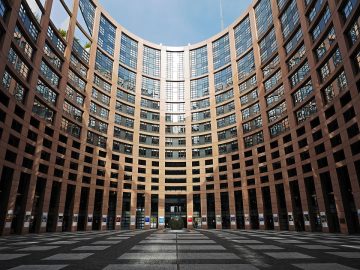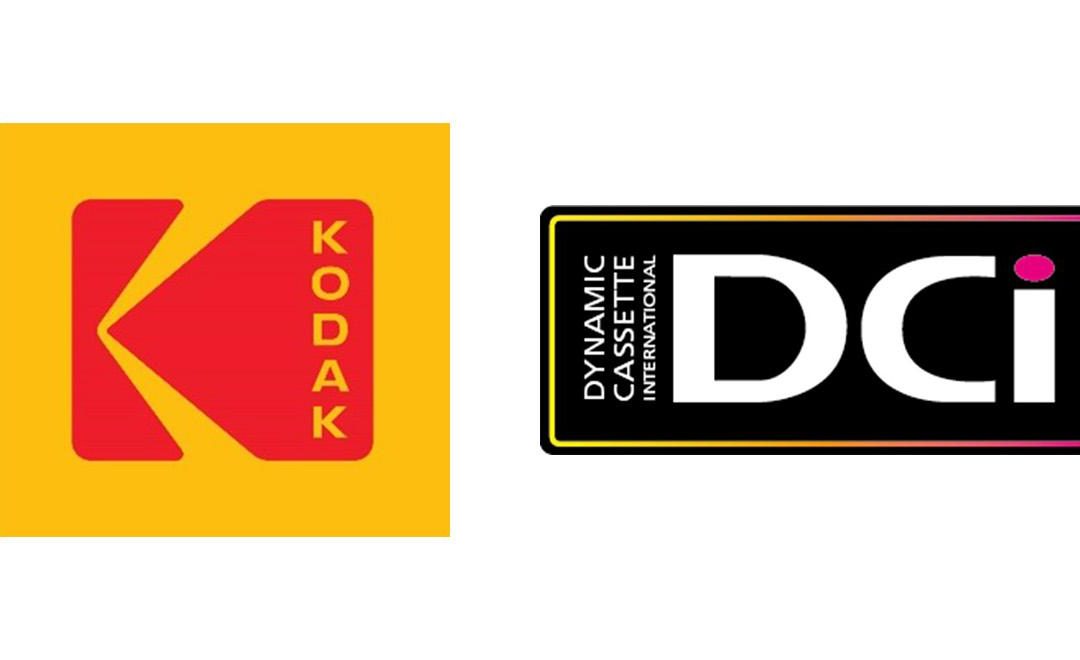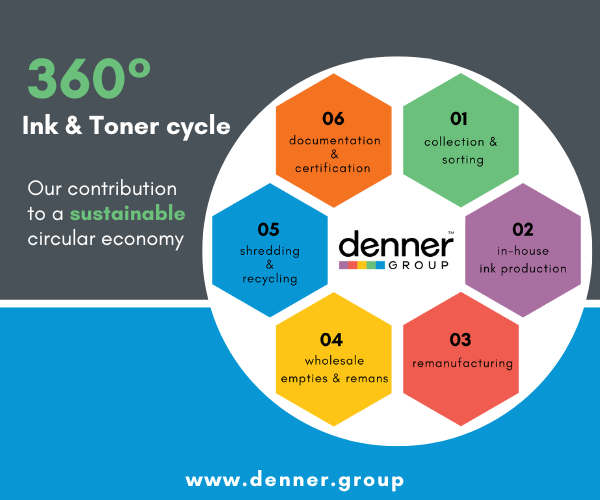|
|

The EU is building a regulatory framework to encourage investors to be more aware of the impact of their business on the environment. The Romanian Presidency of the Council and the European Parliament reached a preliminary agreement on a proposal creating a new category of financial benchmarks aimed at giving greater information on an investment portfolio’s carbon footprint. “The transition to a low-carbon, sustainable economy requires us to rethink how we do business, where we invest our money. Thanks to today’s agreement, it will be easier for investors to select climate-conscious projects, infrastructure and technologies, so as to re-orient capital flows towards green assets,” said Eugen Teodorovici, Minister for Finance of Romania. An increasing number of investors seek to ensure that their investments have a positive impact on the environment. To do so, they take investment decisions based on the carbon footprint generated by the projects or assets they consider, using indices that reference or measure the performance of investment portfolios. However, a wide variety of such indices currently exists, with different objectives and degrees of quality and integrity. Therefore, the Presidency and the Parliament agreed on a harmonised, reliable tool to pursue low-carbon investment strategies by establishing a new category, comprising two types of financial benchmarks:
In addition, the text provides an obligation for all benchmarks or families of benchmarks to provide an explanation of how environmental, social and governance factors are reflected in their investment strategy, as well as how the methodology aligns with the target of reducing carbon emissions. Finally, the text reviews existing provisions of the benchmarks regulation by providing an extension of the transition regime for critical and third-country benchmarks until the end of 2021. Subject to technical finalisation of the text, the political agreement will now be submitted to EU ambassadors for endorsement. It will then undergo a legal linguistic revision. Parliament and Council will be called on to adopt the proposed regulation at first reading. |

MPS Monitor and Nexera join forces
The two SaaS companies reshape the Managed Print Services software market by integrating remote management and service analytics capabilities under new leadership, Sarah Henderson has been appointed North America Regional Director.








